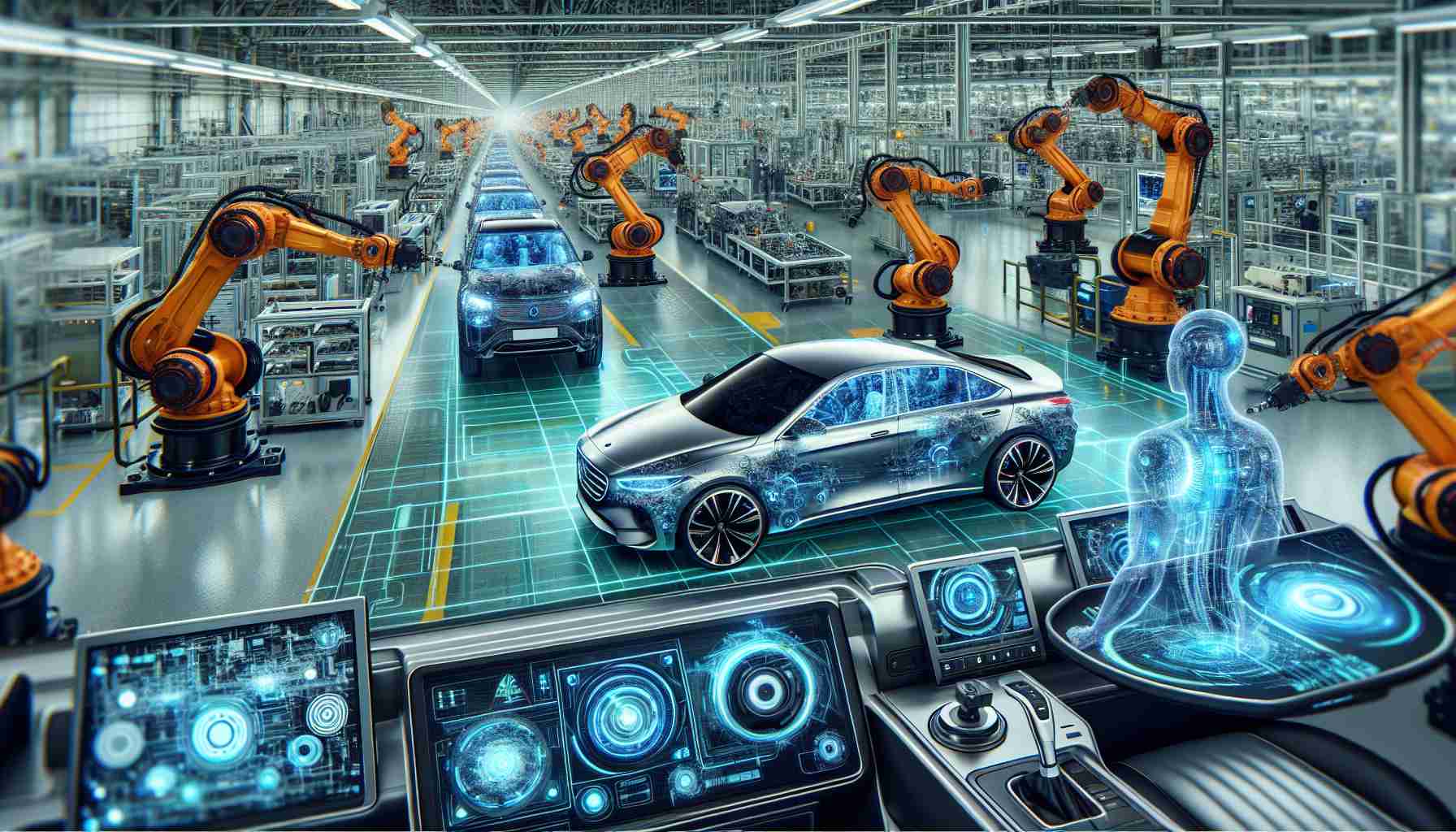
South Korea’s leading tech and automotive companies are pioneering initiatives to shape the future of industry and society by offering unique programs targeting talent development and community services.
SK Telecom is ushering in a new era of artificial intelligence (AI) expertise with the commencement of its 6th ‘AI Fellowship’ program. The initiative is specifically designed for university and graduate students, equipping them with the real-world experience necessary to evolve into development professionals within the burgeoning AI landscape.
Acknowledging the importance of children’s safety, Hyundai Motor Company has launched a seasonal campaign providing complimentary vehicle inspections for school buses. This effort ensures that young students are transported in the utmost safety, particularly as they commute amidst the dynamic conditions of the spring season.
In an endeavor to ensure road safety, Hankook Tire & Technology is rolling out a free tire safety inspection service. The campaign, occurring over two days at select highway rest stops, aims to assist commercial vehicle operators by checking tire wear and potential damages—an initiative that underscores the company’s commitment to safe travel.
Meanwhile, Samsung Electronics is broadening horizons in the world of art and technology, with its lifestyle TV ‘The Frame’ being chosen as the official display for ‘Art Basel,’ the prestigious international art fair in Switzerland. The electronics giant is gearing up to showcase a collection of digital artworks, transforming the way attendees experience the fusion of high-tech and high art.
Finally, Kia is empowering environmentally-conscious students through its ‘Green Changer’ supporters program, which is part of its ‘Kia Inspiring Class’ corporate social responsibility activities. This program provides mentoring from professionals, fostering a new generation of eco-minded individuals with a desire to pursue careers in environmental sectors.
Current Market Trends:
1. Emphasis on AI and Digital Transformation: South Korean tech companies like SK Telecom are heavily investing in AI, recognizing its potential to revolutionize various industries. There has been a growing trend of developing local talent in the field of AI to compete on a global scale.
2. Eco-Friendly Automotive Initiatives: With increasing global concerns about climate change, South Korean automotive companies such as Kia are focusing on eco-friendly programs and vehicles, emphasizing the development of electric and hybrid cars, as well as fostering environmental awareness.
3. Smart Mobility and Autonomous Driving: South Korea is at the forefront of developing smart mobility solutions and autonomous driving technologies, with companies like Hyundai investing heavily in these sectors.
4. Digital Art and Display Technology: Samsung’s involvement with ‘Art Basel’ highlights the ongoing trend of integrating cutting-edge technology with the arts, tapping into new markets and expanding the usability of tech products.
Forecasts:
1. Growth in AI Applications: The South Korean government and private sector are expected to continue their significant investment in AI, which is anticipated to drive innovation across various domains including healthcare, finance, and customer service.
2. Electric Vehicle (EV) Expansion: The automotive industry in South Korea is projected to increasingly shift towards EV production, with forecasts indicating a rise in the domestic and international demand for greener vehicles.
3. Increased Investment in R&D: South Korea is likely to maintain its position as a leading investor in research and development, particularly in tech and automotive sectors, to stay competitive in the global market.
Key Challenges or Controversies:
1. Workforce Transition: As tech and automotive sectors evolve, there is a need for reskilling and upskilling the workforce, which poses a significant challenge in terms of education and job security.
2. International Competition: South Korean companies face stiff competition from global tech giants and emerging markets, necessitating continuous innovation and market adaptation.
3. Balancing Growth with Sustainability: Rapid technological growth must be balanced with sustainable practices to ensure environmental protection, a challenge for which the South Korean industry must devise long-term strategies.
Advantages and Disadvantages:
Advantages:
– Strengthening Global Competitiveness: With these innovations and initiatives, South Korea remains competitive in the global tech and automotive market.
– Technological Leadership: Pioneering in areas like AI and automotive tech positions South Korea as a leader in the high-tech industry.
– Economic Growth: Continued investment in tech and automotive sectors could lead to economic growth and job creation.
Disadvantages:
– High Costs of Innovation: Maintaining a leading edge in technology and automotive sectors requires substantial financial investment.
– Dependency on Global Markets: Success in the automotive and tech sectors often relies on global market accessibility, which can be vulnerable to geopolitical tensions and trade disputes.
– Potential for Market Saturation: As multiple companies compete fiercely in smart mobility, electric vehicles, and tech, there is a risk of market saturation.
For more information on South Korea’s tech and automotive sector, here are some related domains:
– Hyundai
– SK Telecom
– Samsung Electronics
– Kia
– Hankook Tire & Technology
Please note that these links will direct you to the main pages of the relevant companies which may have further information on their latest initiatives and products.
[embedded content]
